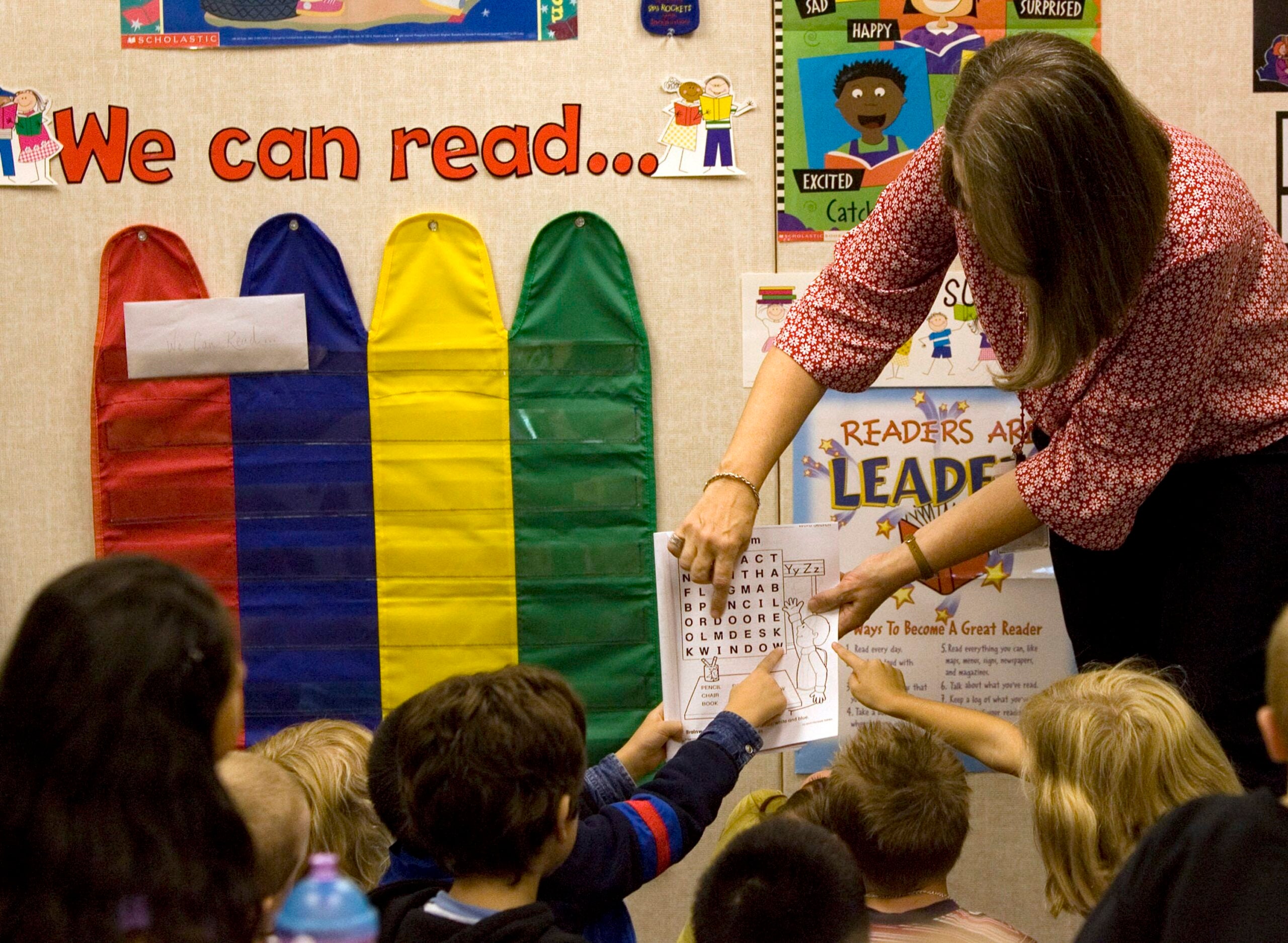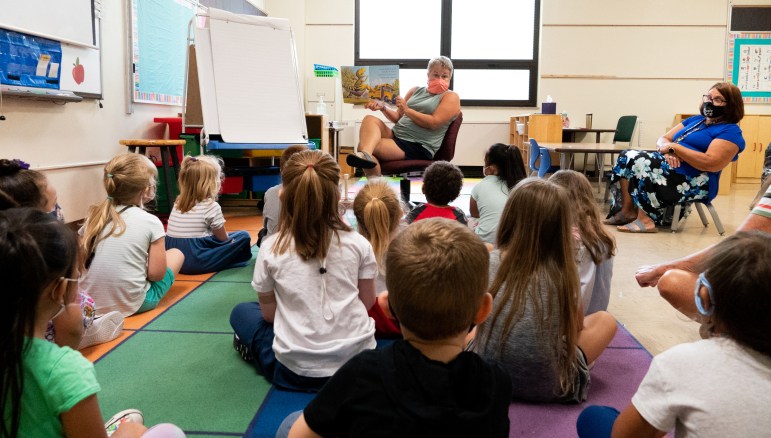Students enrolled in Madison’s pre-K program showed improvements in literacy and behavioral skills compared to similar students not enrolled in the program, according to a recently published study.
This is the second study from the Madison Education Partnership, which is a research partnership between the University of Wisconsin-Madison School of Education and the Madison Metropolitan School District. The analysis focused on student kindergarten readiness, which was defined as literacy and behavioral skill. The behavior skills are measured through teacher reports in the first quarter of kindergarten.
Students from less advantaged homes benefited more from pre-K programs, according to the study. Eric Grodsky, UW-Madison professor and MEP co-director, said pre-K may help increase equity among students.
Stay informed on the latest news
Sign up for WPR’s email newsletter.
“Children who are African-American, who are from low income families whose parents didn’t attend or complete college seem to get fairly substantial benefits in their literacy skills from enrolling in 4K,” he said. “While children who are more advantaged do just about as well if they’re in 4K or not.”
The study notes that Madison students in the pre-K program didn’t have as many literacy improvements entering kindergarten as students in Milwaukee Public School’s pre-K program. According to the study, MMSD students in pre-K usually go to kindergarten with literacy skills better than 52 percent of similar students not in pre-K. Milwaukee’s students in pre-K have skills better than 76 percent of students that weren’t enrolled, according to the study.
There isn’t a definite reason for the difference between Madison and Milwaukee. But the study did point out that Milwaukee’s pre-K is full-day as opposed to Madison’s half-day sessions in the morning and afternoon.
Grodsky said Madison’s school district has been encouraged to collaborate with Milwaukee to learn more about its program.
“We give the school districts the information we think they can use to reflect on policy and to consider avenues to change it,” he said.
Wisconsin Public Radio, © Copyright 2024, Board of Regents of the University of Wisconsin System and Wisconsin Educational Communications Board.






